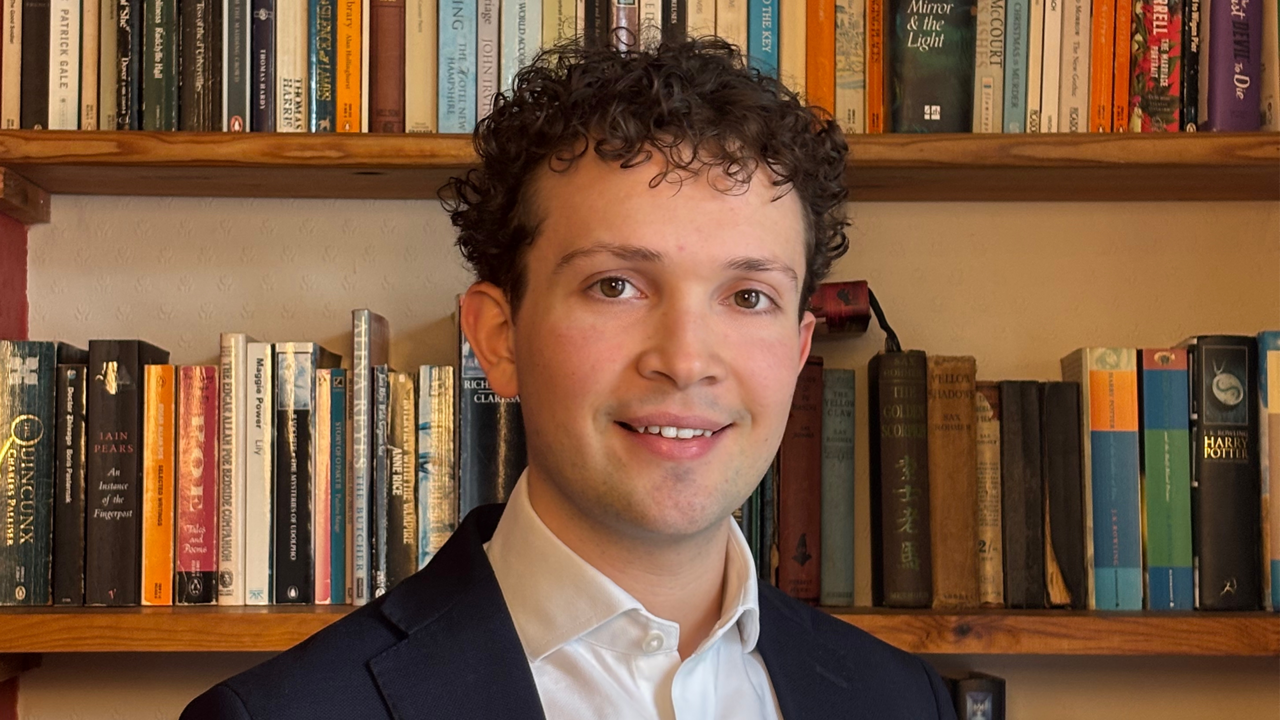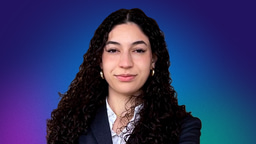The Brave Series: Laidlaw Scholar Stories - Luc Robinson

Following the Laidlaw Europe Conference at Durham University and as the North America Conference at Brown University approaches, scholars are sharing what it means to embody the Laidlaw value of brave in leadership and research. In a world that demands bold solutions to complex challenges, these reflections reveal how courage shapes not just individual journeys, but entire communities of change makers who dare to step beyond their comfort zones.
In this week's series, Luc Robinson explores two dimensions of bravery. He reflects on the discipline of questioning orthodoxy and engaging with uncomfortable truths, and on the practice of choosing discomfort over complacency in pursuit of what is right. His reflections highlight how intellectual courage and a willingness to challenge established systems can drive meaningful progress in both scholarship and leadership.
Intellectual bravery: What does intellectual bravery mean to you, and how have you embodied it in your research or leadership?
To me, intellectual bravery means never accepting ideas as untouchable. It is the willingness to question assumptions, to remain sceptical even of what everyone else considers certain, and to pursue truth wherever it leads. It does not mean contrarianism for its own sake, but the discipline to think critically, especially when doing so is uncomfortable or unpopular.
During my Leadership-in-Action project with The Portland Trust, I tried to embody this by rethinking healthcare reform in the West Bank from the ground up. That required looking critically at the existing international orthodoxy that has long failed to deliver sustainable change, and identifying the fundamental barriers—political, institutional, and structural—that continue to hamper reform, no matter how revered they might be.
Avoiding difficult conversations, however well-intentioned, only perpetuates stagnation. Through Laidlaw, I have learned that progress depends on intellectual bravery, which is a mindset rooted in curiosity, guided by integrity, and sustained by the courage to engage with uncomfortable truths.
Future-facing bravery: What advice would you give to someone who feels afraid to pursue a bold idea or take a risk?
Bravery is difficult. It often requires sacrificing security, comfort, and sometimes even relationships. You shouldn't feel bad about hesitating; fear is natural, and we are evolutionarily wired to avoid conflict. For most of human history, survival depended on belonging to the group—to be rejected or cast out often meant danger, even death. That instinct still shapes how we think and act today. The fear of social ostracism makes stepping out of line, questioning authority, or expressing unpopular ideas feel risky.
Yet bravery begins when we act despite that instinct. You can't expect the world to improve if you're unwilling to challenge it. If you see a problem and do nothing, you surrender the right to complain about it. True bravery means choosing discomfort over complacency—not because it is easy, but because it is right.
Like all others, courage is a skill you need to practise. Start small, keep going, and one day you'll look back and realise you've built a life defined not by fear, but by conviction.





Please sign in
If you are a registered user on Laidlaw Scholars Network, please sign in